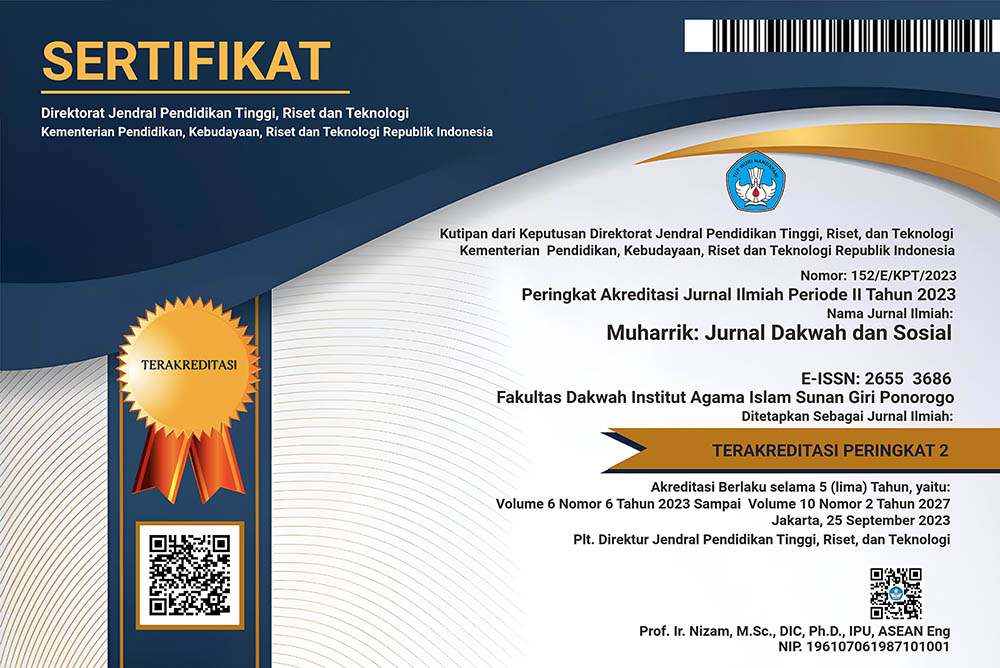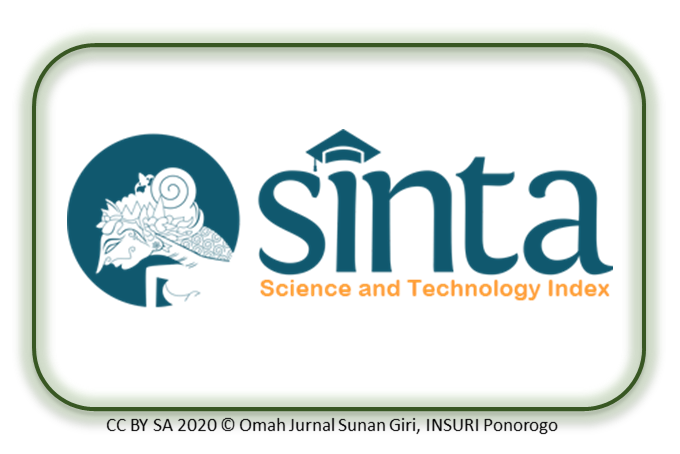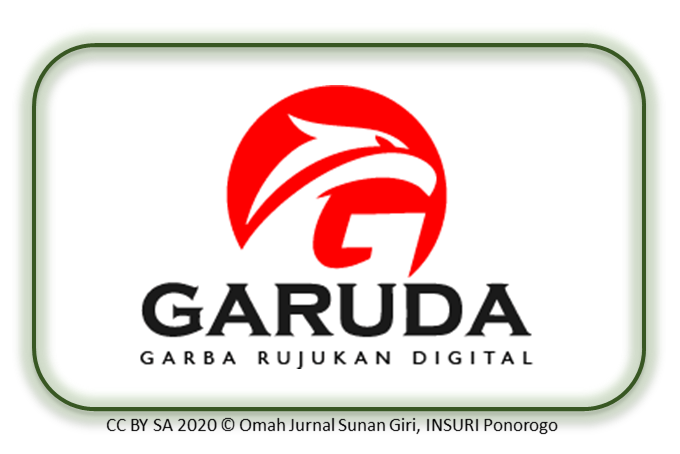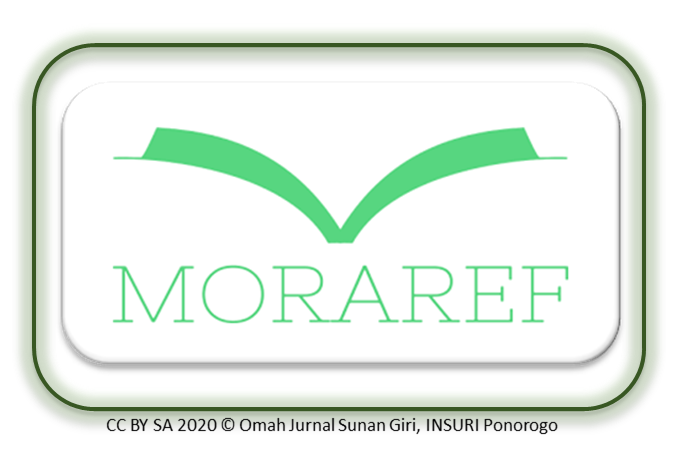The Struggle for the Health Market Between Shamans and Doctors at the Beginning of the 20th Century
Keywords:
Health History, Discourse on Hygiene, DoctorAbstract
This article explores and explains the struggle for the health market carried out by shamans and doctors in the Dutch East Indies. This health history research uses a sociological approach, using Michel Foucault's discourse theory of power as the unit of analysis. This article argues that shamans and doctors are not born and developed identities in a vacuum. They arise from conflicting social structures. Initially, this struggle between doctors and shamans never happened in the Dutch East Indies, especially in the Mangkunegaran area; they operated in different markets. The king who ruled in one of the Vostenlanden regions gave equal recognition to both as an entity in health. However, the spread of a new discourse about standardized hygiene, which continued to be promoted by the colonial government through European doctors, made people rethink their treatment choices. As discourses about cleanliness spread, scary stories also circulated about the failure of shamans to treat their patients. This situation has made the health market landscape in Vostenlanten begin to change. The discourse of cleanliness is constantly pushed into society, creating complicated interactions between shamans and doctors. On the other hand, religious organizations and Islamic studies, which initially did not discuss hygiene and health, began to become significant places to discuss, practice, and spread the combination of Javanese and Islamic culture in hygiene.
Downloads
Published
Issue
Section
License
Copyright (c) 2023 Muhamad Misbahudin, Dudung Abdurahman, Lathiful Khuluq

This work is licensed under a Creative Commons Attribution-NonCommercial 4.0 International License.
The author(s) retain/s the copyright and grant/s Muharrik: Jurnal Dakwah dan Sosial the first publication rights licensed under the Creative Commons Attribution-NonCommercial 4.0 International (CC BY-NC 4.0) , which allows others to access (search, read, download and quote), share (copy and redistribute the material in any media or format) and adapt (mix, modify and develop) works for legitimate non-commercial purposes, with recognition of the authorship of the work and its initial publication in this journal.













